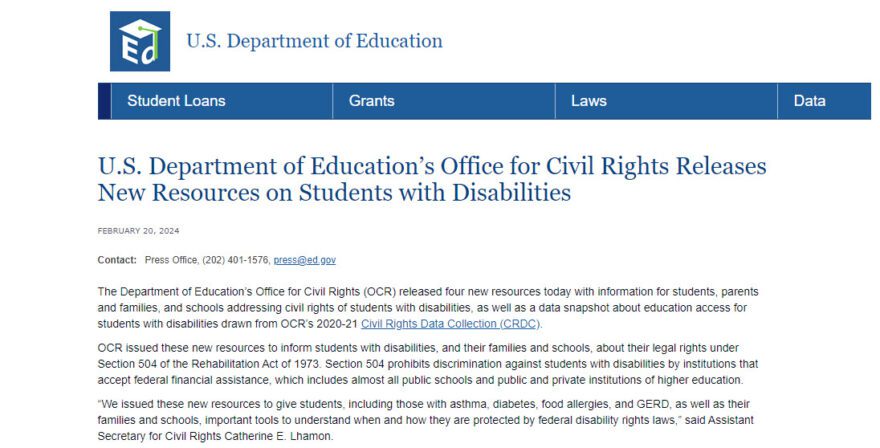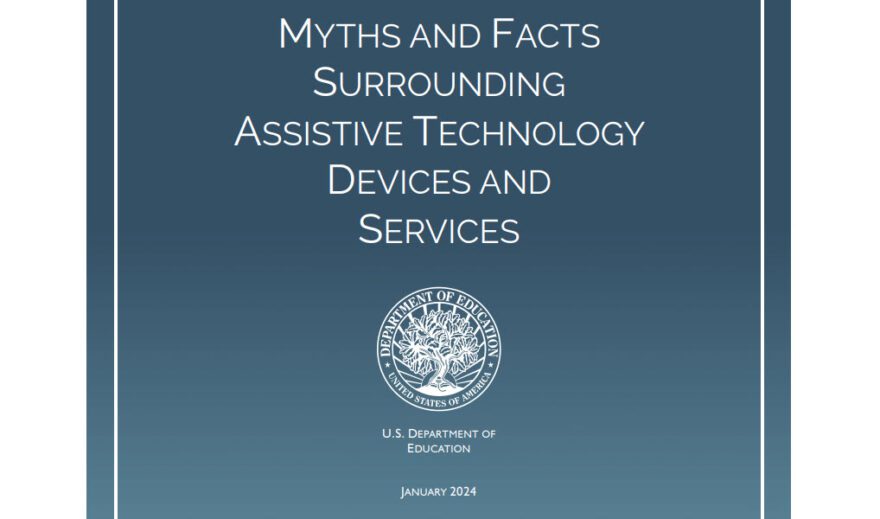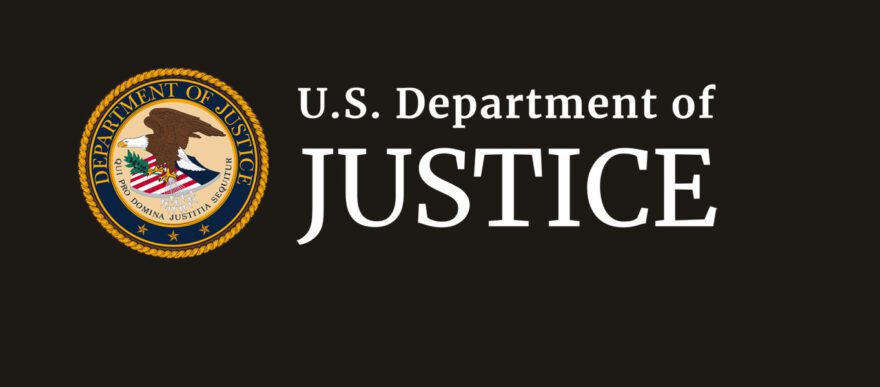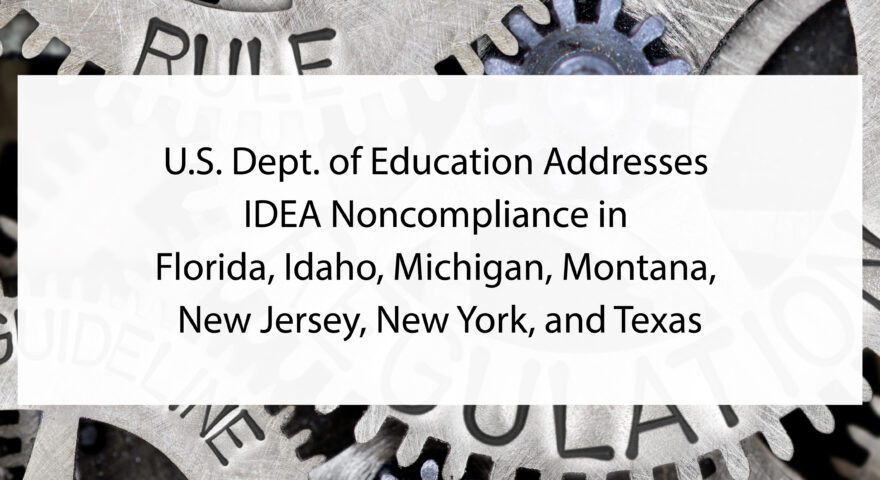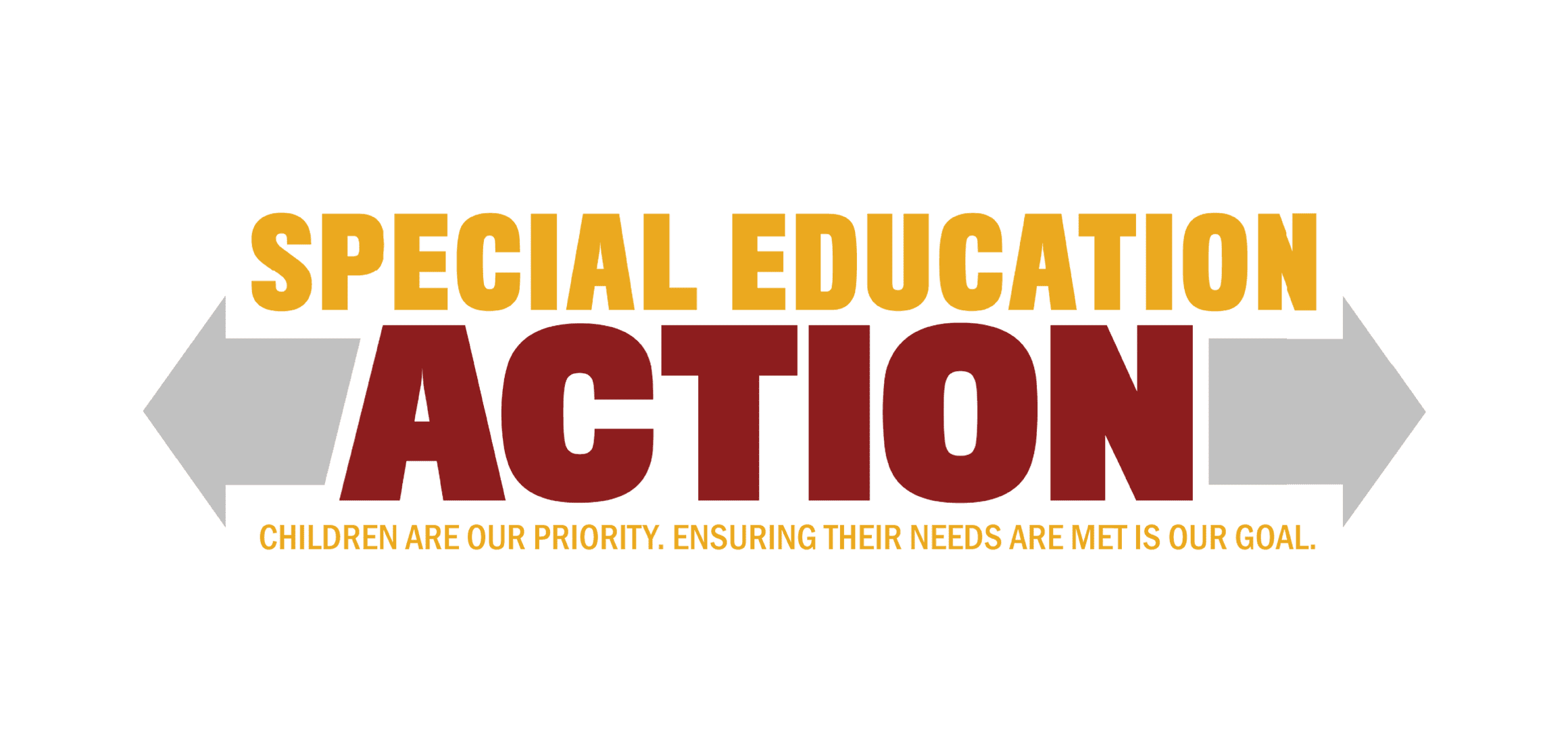
Special Education Action is a 501(c)3 nonprofit publisher covering special education.
Its mission is to ensure parents, educators, and students have the information and tools necessary to fully understand, address, and safeguard the unique needs of all students who require special education.
Recent Articles
Office for Civil Rights Addresses Asthma, Diabetes, Food Allergies, and GERD; Issues Guidance on Medical Conditions Triggering Protections Under Section 504
The documents address how these medical conditions “can be disabilities for purposes of Section 504 . . . when these medical conditions trigger protections under Section 504, what kind of modifications an educational institution may need to take to avoid unlawful discrimination, and what an institution may need to do to remedy past discrimination.”
In addition, they provide descriptions of the medical conditions and examples of how the conditions can affect a student’s experience in school.
U.S. Dept. of Education Issues Assistive Technology Guidance; Dispels Myths and Underscores Importance of Reducing Barriers to Education
Released January 22, 2024, “Myths and Facts Surrounding Assistive Technology Devices and Services” and the “Dear Colleague” letter accompanying it provide long-needed guidance addressing the important role technology plays in ensuring all learners are afforded “meaningful access and engagement in education”.
U.S. Department of Justice Finds Lincoln Public Schools Discriminates Against Deaf and Hard of Hearing Students
U.S. Dept. of Education Addresses IDEA Noncompliance in Florida, Idaho, Michigan, Montana, New Jersey, New York, and Texas
OSEP monitors all IDEA Part C and B programs through its DMS system and “differentiates its approach for each state based on the state’s unique strengths, progress, challenges, and needs.” This cyclical monitoring process focuses on states’ general supervision systems. OSEP will continue to provide support and technical assistance that is differentiated based on each state’s needs.
The Language of IEPs and 504s: The Problem with “Engage”
Teachers will engage with student to ensure student understands and accurately records all assignments in student’s planner.
Now imagine attending an IEP meeting at which this goal is being discussed. You push for more details, but the staff member helming the meeting insists that engage means the following:
“It’s not that they’re waiting for to come to them. They’re going to engage with .”
What could go wrong?
Helpful Information from FCPS Lawyer John Cafferky, which You Won’t Find in VDOE’s “Parents’ Guide to Special Education Dispute Resolution”
In 2008, Virginia Department of Education issued “2008 Parents’ Guide to Special Education Dispute Resolution.” Although a lot’s changed in the past 15 years, the guide “designed to assist parents in understanding Virginia’s dispute resolution systems of mediation, complaints, and due process hearings” has remained the same.
The following is helpful information that I hope VDOE considers should it revise the guide. It comes from advice that long-time Fairfax County Public Schools lawyer John Cafferky provided to FCPS staff. In its 2008 guide, VDOE acknowledged John on a list of individuals who “contributed to the development of this document and/or who served as a reviewer.” Hence, it seems fitting that the following advice be considered for a future edition.
